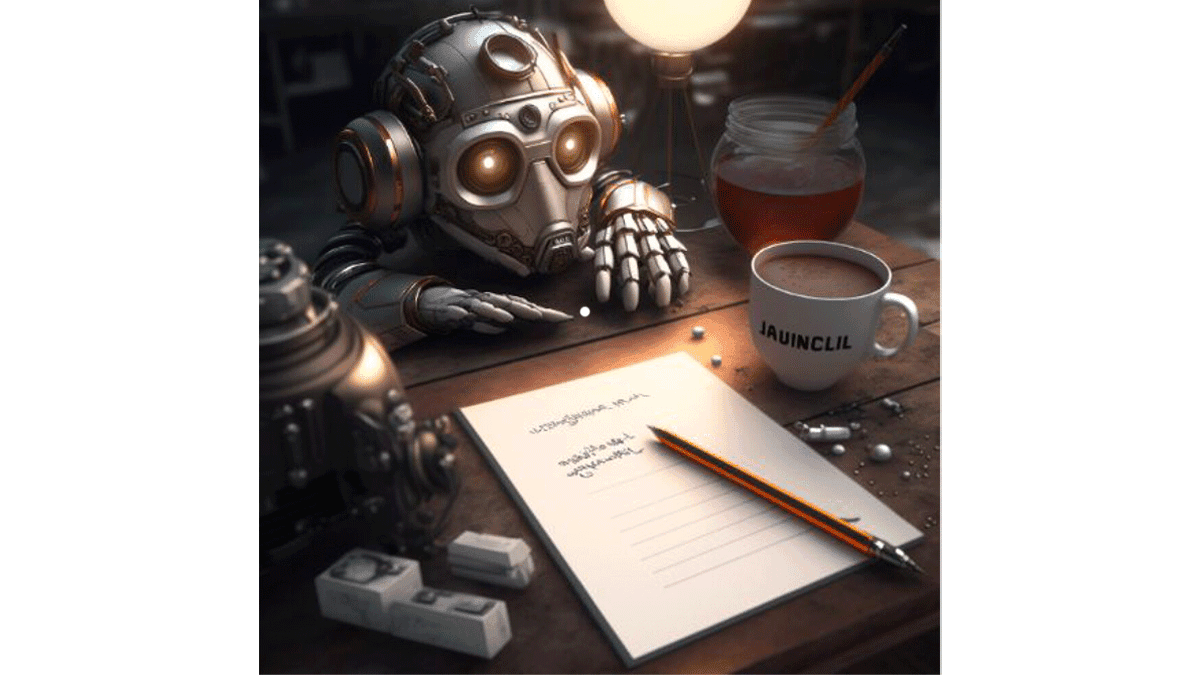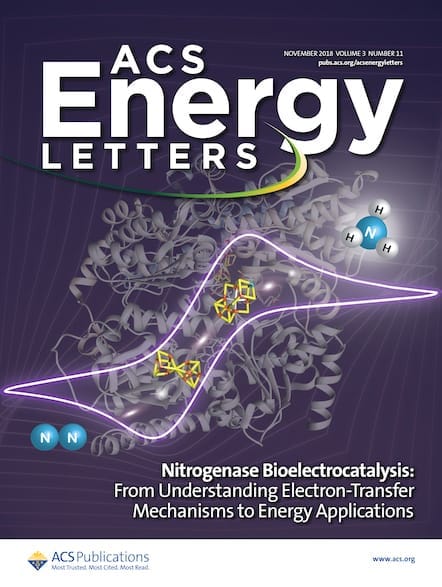AI-driven tools such as ChatGPT are disrupting many fields and could fundamentally alter the scientific publishing landscape—but how do we address these machines who are attempting to rewrite the rules?

Artificial Intelligence (AI) uses computer power to fulfill complex tasks that traditionally require human understanding. These have been defined as product, process, or insight applications—from your Netflix user interface to customer service bots and analytical machine learning (ML) tools.
But it is only in recent years that advanced AI technology has begun to produce content on a par with human-generated work, including AI-derived art and systems that can generate text. Launched in November 2022, ChatGPT—a natural language processing tool driven by AI—is already causing ripples, writing exceptionally neat and well-argued copy in response to user questions.
Researchers experimenting with this new tool have found that ChatGPT can return surprisingly precise results even for tongue-in-cheek requests such as poems on perovskites or an ode to a specific ACS journal.1
Other specialist AI bots, such as Chemist Bot, have been developed to help students prepare for their exams.2 One study in Journal of Chemical Information and Modeling used AI to create question-answering systems that retrieve data from knowledge graphs without the need for expertise in navigating semantic queries. This allowed users to ask natural language queries and accurately request information based on complex conditions. Results from the study demonstrated that the AI systems could interpret and answer chemistry questions better than generic search engines.3
It is already possible to see that AI could offer real positives, and it has the potential to revolutionize scientific endeavors—perhaps by being less rigid about working across disciplines. AI could also be used by researchers to explore new topics or double-check their work.4

But there are also risks. From a publishing perspective, the most concerning is that AI could likely contribute to the problem of paper mills, as well as low-quality and poorly devised ‘sandwich papers’.4-6 These subpar publications are already a threat to academic publishing, increasing volume and reducing the impact of real scholarly output, and as such are being investigated by the Committee on Publication Ethics (COPE).7
The fact that AI can already compose convincing review-type articles makes the case for a code of conduct for the use of this technology in scientific literature.4 There is already a requirement to acknowledge editorial and writing support in some journals—particularly in medical fields, where professional writing support may be funded by a sponsor.
The ACS Author Guidelines state that AI tools do not qualify for authorship—and that any such tools used to produce text or images should be disclosed within the manuscript.8 These guidelines are in accordance with those of COPE, as well as organizations such as the World Association of Medical Editors (WAME) and the JAMA Network.9-11
But will authors consider including AI in these disclaimers unless explicitly mandatory? Other key questions may also arise about intellectual property rights—both of who owns the copyright on resulting AI works, and whether the systems can and will adequately track and acknowledge the sources that they use.4
The validity of AI-generated text currently relies on its training set—but will we see systems that can move beyond these boundaries to generate extrapolated knowledge and discovery? And what of bias? At the moment, perhaps there are more questions than answers, but it will be important to stay one step ahead to ensure that scientific publishing does not drown in a sea of Chatbot papers.
References
- Kirmani, R. Artificial Intelligence-Enable Science Poetry. ACS Energy Lett. 2023, 8, 1, 574–576.
- Korsakova, E. et al. Chemist Bot as a Helpful Personal Online Training Tool for the Final Chemistry Examination. J. Chem. Educ. 2022, 99, 2, 1110–1117.
- Zhou, X. et al. Question Answering System for Chemistry. J. Chem. Inf. Model. 2012, 61, 8, 3868–3880.
- Grimaldi G, Ehrler B. AI et al.: Machines Are About to Change Scientific Publishing Forever. ACS Energy Lett. 2023, 8, 1, 878–880.
- ACS Takes Action to Address the Threat Posed by “Paper Mills. ACS Axial 2021.
- Jin, S. Fewer Sandwich Papers, Please. ACS Energy Lett. 2022, 7, 10, 3727–3728.
- Paper Mills Research. Committee on Publication Ethics 2023.
- Authorship, Author List, and Coauthor Notification. ACS Author Guidelines 2023.
- Authorship and AI Tools: COPE Position Statement. Committee on Publication Ethics 2023.
- WAME Recommendations on ChatGPT and Chatbots in Relation to Scholarly Publications. World Association of Medical Editors 2023.
- Flanagin, A et al. Nonhuman “Authors” and Implications for the Integrity of Scientific Publication and Medical Knowledge. JAMA
